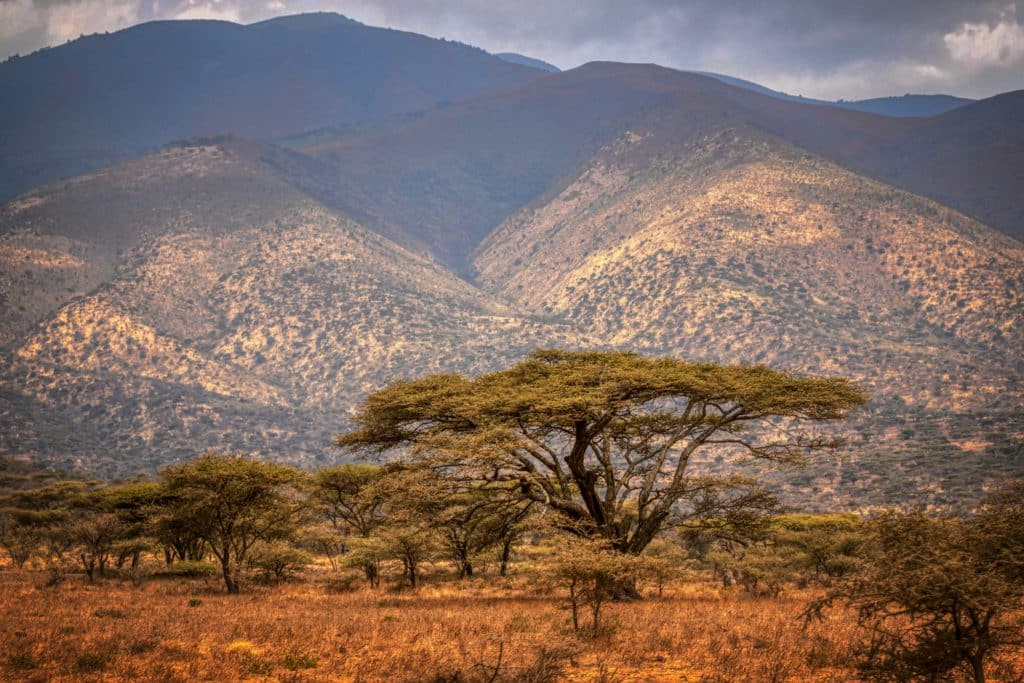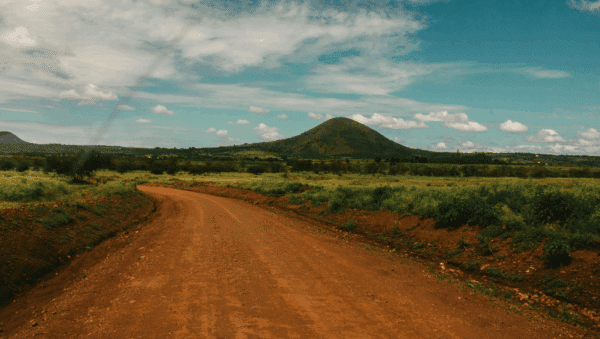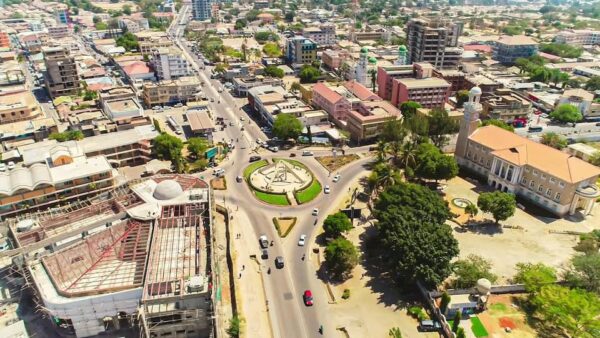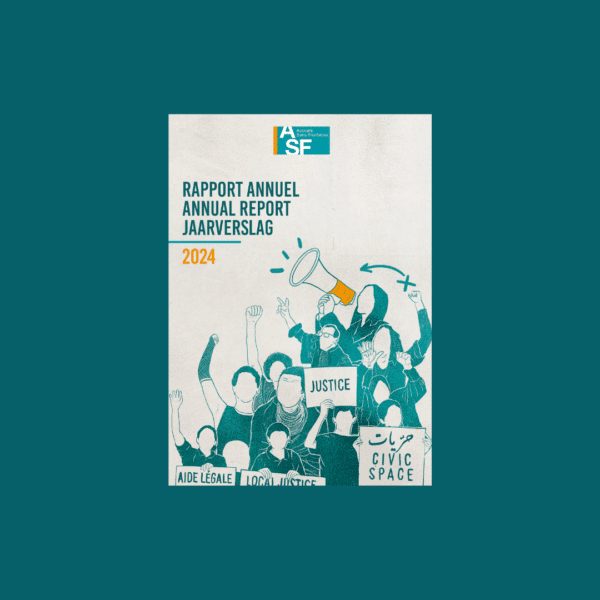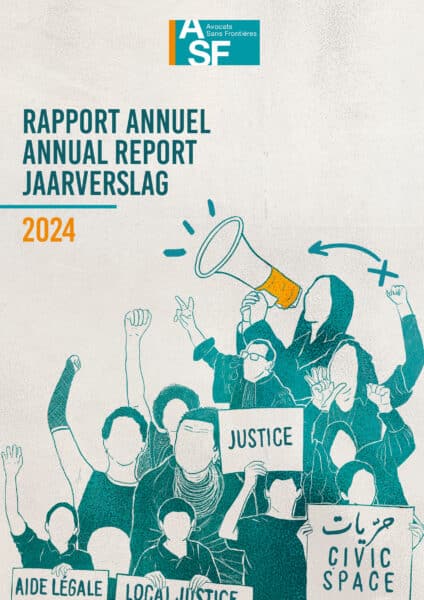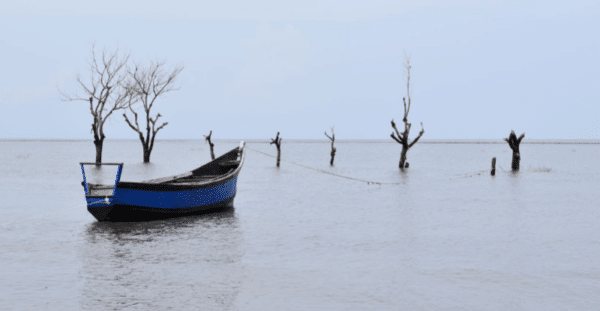Algemeen context
Tanzania, het grootste land in Oost-Afrika, is een unie van de afzonderlijke staten Tanganyika en Zanzibar. In tegenstelling tot sommige buurlanden heeft Tanzania nooit te maken gehad met aanhoudende gewelddadige conflicten, althans niet op het vasteland. Sinds de onafhankelijkheid in 1961 wordt het land gedomineerd door de enige regerende partij Chama Cha Mapinduzi (CCM). Onder het presidentschap van John Magufuli (2015 – 2021) zijn de democratische waarden en burgerlijke vrijheden in Tanzania aanzienlijk afgenomen.
Toen de huidige president, Samia Suluhu Hassan, hem in 2021 opvolgde, sprak ze het voornemen uit om de door haar voorganger opgelegde beperkingen van de openbare vrijheden ongedaan te maken. Haar regering hief de verboden en beperkingen voor pers en politieke bijeenkomsten op en president Suluhu reikte haar politieke tegenstanders de hand. De belangrijkste oppositieleider en voormalig presidentskandidaat, Tundu Lissu, keerde na meer dan twee jaar ballingschap in Europa terug naar Tanzania en met de aanhangers van zijn partij Chadema organiseerde hij in 2024 zijn eerste grote politieke bijeenkomst.
Niettegenstaande deze belangrijke verbeteringen, heeft de huidige regering de wetten van de regering-Magufuli die de vrijheid van meningsuiting en vereniging beperken, nog niet herzien. Dat er nog steeds uitdagingen zijn blijkt ook uit het recente harde optreden van de autoriteiten tegen activisten die gemarginaliseerde groepen vertegenwoordigden en tegen critici die een havenovereenkomst met de Verenigde Arabische Emiraten aan de kaak stelden. President Suhulu kon ook op kritiek rekenen omdat ze de grondwetshervormingen uitstelde, hoewel ze had beloofd die uit te voeren vóór de lokale verkiezingen van 2024 en de algemene verkiezingen van 2025.
De winningsindustrie is de laatste jaren uitgegroeid tot een belangrijke bron van inkomsten in Tanzania, waarbij de mijnbouwsector alleen goed was voor 9,7% van het bbp in 2022. De wereldwijde pogingen om over te schakelen op hernieuwbare energie en schonere technologieën te ontwikkelen heeft de vraag naar mineralen exponentieel doen toenemen. Voor Tanzania, dat rijk is aan deze grondstoffen, ligt daar een kans om de economische activiteit in het land te ontwikkelen. De regering tekende een overeenkomst voor de bouw van de Oost-Afrikaanse oliepijpleiding (EACOP: East African Crude Oil Pipeline). EACOP zal naar verwachting olie vervoeren van Lake Albert in Oeganda naar de haven van Tanga in Tanzania en daarmee ’s werelds langste verwarmde pijpleiding worden.
Deze winningsprojecten leiden tot grote zorgen over mensenrechtenkwesties: aantasting van het milieu, gedwongen uitzettingen, ontwrichting van bestaansmiddelen en geweld tegen gemeenschappen, met name vrouwen. In het kader van de groeiende mijnbouwindustrie en de bouw van EACOP is de effectieve toegang tot rechtsmiddelen voor gemeenschappen die getroffen worden door de winningsindustrieën een belangrijke prioriteit voor AdZG.
De interventies van ASF in Tanzania
ASF, IPIS, Hakirasilimali en BHRT (Business and Human Rights Tanzania) bundelden de krachten in het DGD2-programma, gefinancierd door de Belgische Ontwikkelingssamenwerking. Samen voeren zij een project uit om de Tanzaniaanse gemeenschappen en maatschappelijke organisaties te empoweren zodat zij de overheid en de industrie kunnen aansporen om effectieve toegang tot de rechtspraak, goed bestuur en mensenrechten te bevorderen.
Het project richt zich op de winningsindustrieën (olie, gas, mijnbouw en bosbouw) en bestrijkt vier regio’s: Tanga, Mara, Shinyanga en Manyara. Het omhelst drie onderling verbonden resultaatgebieden: (i) het documenteren van mensenrechtenschendingen; (ii) het bevorderen van de toegang tot rechtsmiddelen en (iii) het faciliteren van op feiten gebaseerde dialoog om beleidswijziging te bevorderen.
De belangrijkste rol van ASF is om rechtzoekenden bij te staan toegang te krijgen tot juridische of niet-juridische oplossingen voor mensenrechtenschendingen door middel van capaciteitsopbouwende activiteiten voor rechtshulpverleners en getroffen gemeenschappen. Gezien de risico’s die mensenrechtenactivisten lopen, wil ASF ook de juridische bescherming verzekeren van diegenen die het slachtoffer worden van willekeurige arrestaties of andere vormen van intimidatie. Ten slotte zal ASF gebruik maken van strategische procesvoering om de rechten van de gemeenschappen te beschermen en de bredere sociale en beleidsdoelstellingen met betrekking tot de winningsindustrie te bevorderen.
